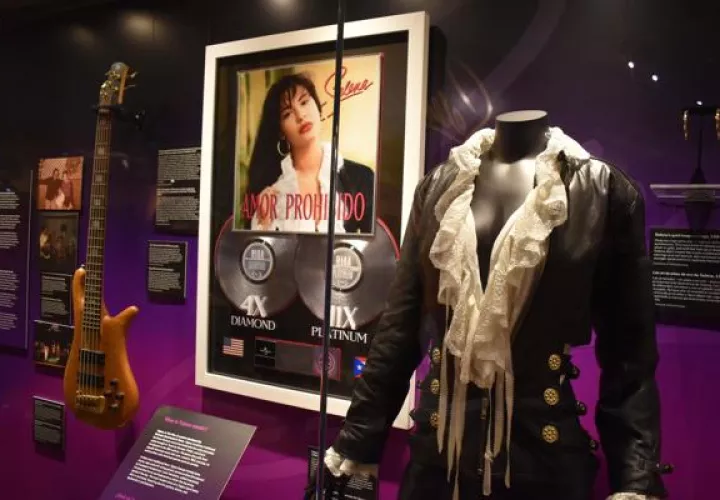Inside the Samsung-Apple jury room

The jury foreman in the Apple vs. Samsung patent infringement case explains how the panel reached its verdict.
By: Velvin Hogan
 On Aug. 24, an American jury awarded Apple Inc. more than one billion dollars after finding that Samsung Electronics had infringed several of Apple’s patents. The foreman of that jury speaks out.
On Aug. 24, an American jury awarded Apple Inc. more than one billion dollars after finding that Samsung Electronics had infringed several of Apple’s patents. The foreman of that jury speaks out.
When you first began deliberations, was there a clear consensus among the jurors?
When we first started deliberating, there was a mountain of evidence, and the only way we were going to get through it and be able to fill out the form we had been given was to be very meticulous.
One of the stipulations was that our verdict had to be unanimous, and to get nine people to unanimously agree on one or two things is difficult, let alone the number that we had. I knew the only way that I was going to facilitate the jury to get through this, and, at the end of the day, to be unanimous in our decision, was to make sure everyone was clear on what we were talking about. Any time individuals got stuck and didn’t understand something or had questions, we would take the time to talk it out. When we took a vote, it seemed to be unanimous because somebody was compromising, but it was actually unanimous because we had talked it out and we all believed that our decision was correct.
There’s often a fine line between copying and competing. How do you determine when a company has crossed that line?
I was an electrical engineer in the tech industry from 1969 going forward, and I designed and built test equipment. A point that popped up in my mind as a way to explain to a jury the difference between copying and infringement was one of the experiences that I had.
I was responsible for designing a piece of equipment for Memorex, and we were going to reverse-engineer the IBM drive specifically to see what IBM had done. But to avoid infringement, we had to take the unit apart, understand that particular item, and then, when we created our own mechanism, guarantee that our methodology was not the same as IBM’s, even though the end result was the same. I had to guarantee to the corporation that the piece of equipment I was going to use would yield the same result, but in a way that was substantially different so that it didn’t cross the line of infringement. We released our own product and it was very successful, and we were never sued by IBM, which I’m sure did its own teardown to make sure we didn’t infringe.
You can go up to the line of infringement – you don’t have to cross it. You can stop, and at that point you can be as innovative as you can possibly be and perhaps even wind up designing something that exceeds the product of your competitor. You don’t have to copy.
In this case, I think Samsung had some of the most creative and innovative design engineers on the globe, and they didn’t have to cross that line. But there were some higher-level management personnel that should have paid attention, and in the evidence it was clear that they didn’t.
Did you worry about the implications of your decision in terms of future innovation?
I did, but I realized that our decision was not going to necessarily stifle innovation or creativity. There’s a difference between being competitive and copying. Intellectual property needs to be protected, whether it’s Samsung’s, Apple’s, or anybody else’s.
What has come out since the verdict is that the prediction that I made publicly about this is starting to play out. There aren’t any major lost revenues. Samsung has found another approach, and I applaud that. Yes, Samsung crossed the boundary the first time, and will pay the cost for that, but that doesn’t mean that it shouldn’t be able to compete, or that we should hand Apple a monopoly.
That’s the part that the jury took seriously. We did not want to create a monopoly for Apple or for Samsung, depending on who won. We didn’t want to so cripple Samsung that it couldn’t be innovative and move forward. We believe the approach we took was one that allowed both companies to move forward, be creative, innovate, and compete with each other. Maybe, as a result, there will come a point in time when Samsung winds up with a better product than Apple. That would be great, because that’s what the system in this country is all about.





